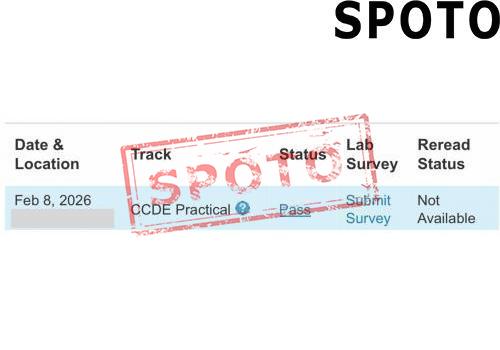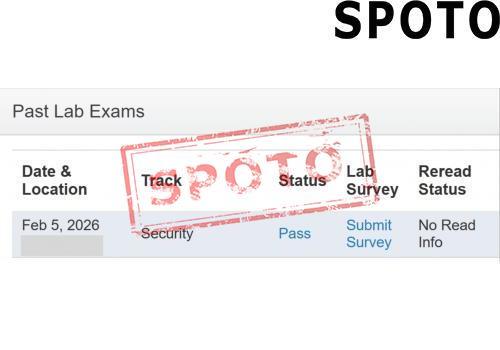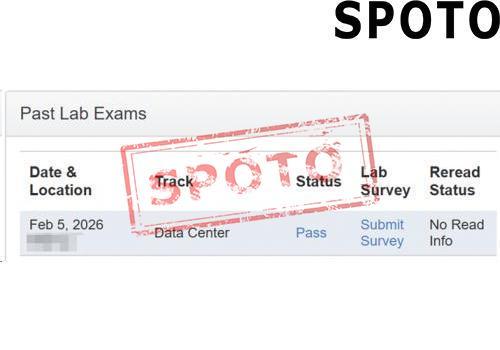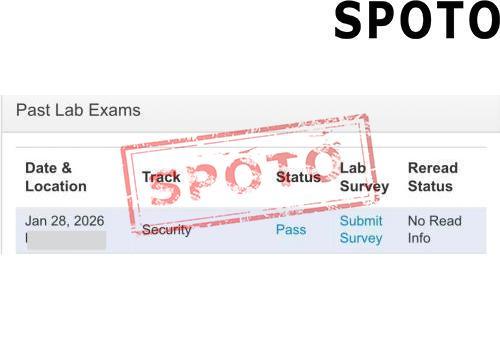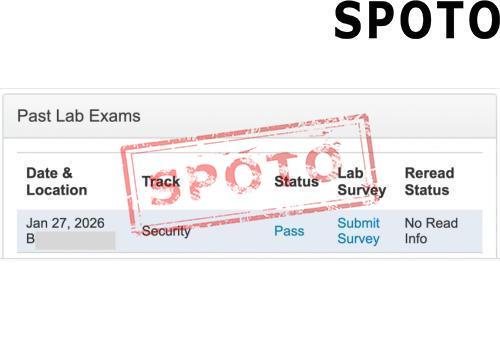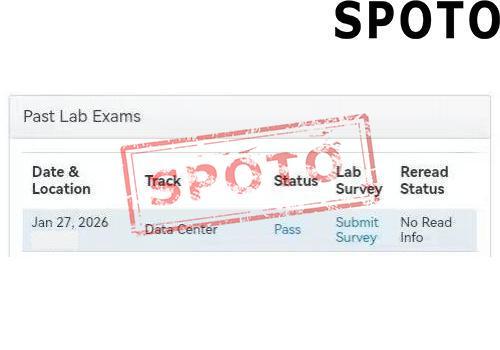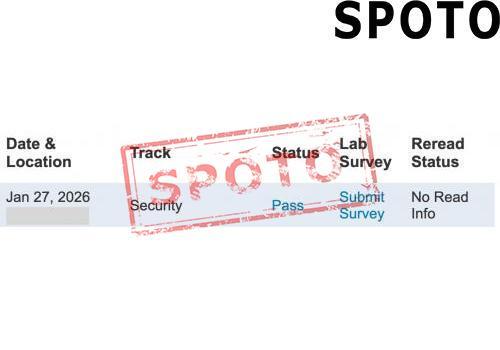
Table of Contents
1. What is a Collaboration Engineer?
Collaboration engineers provide the necessary technical and engineering support for the current business of an organization, that is, professionals who design, implement and support collaborative solutions and services.
2. What does a Collaboration Engineer do?
- Responsible for service ownership management of new collaborative services to ensure that the overall delivery, operation and maintenance of services meet expected standards.
- Define technical architecture and provide implementation support, that is, design architecture from a technical perspective to support the deployment and implementation of new collaborative services.
- Regularly evaluate and introduce new features to improve overall service quality and user experience, and promote continuous enhancement and improvement of collaborative services Ensure high availability and rapid response to faults, maintain system stability, and ensure stable operation of services around the clock Promote proof of concept (PoC) to test new technologies, evaluate the feasibility and application potential of emerging technologies, and prepare for subsequent introduction.
- Support the formulation of workplace roadmaps in the field of collaboration, and assist in planning the development direction and implementation path of future collaboration platforms.
- Participate in the support of future video network and service plans, and participate in the planning, design, implementation and continuous support of future video and network services.
- Manage related projects based on Microsoft Lync and unified communications (UC), and be responsible for the execution, optimization and problem handling of unified communications projects. Lead continuous service support improvements to improve the quality and performance of SYF service products.
- Upgrade existing platforms and expand system capacity and functions according to business needs.
- Collaborate with the network team to manage voice quality and provide capacity recommendations to ensure end-to-end voice communications quality meets expected standards.
3. Essential Skills for Collaboration Engineer
First, collaboration engineers need to be able to develop code in various programming languages, create scalable software that supports unified communications and collaboration product delivery, and produce accurate and comprehensive customer support documentation. Have extensive experience in software development environments and a record of writing high-quality software, and be able to design and develop cross-platform code. Secondly, be able to provide design input for solution planning and manage solution building, configure and plan detailed requirements for endpoint protection, and assist in the development of policies and procedures. Finally, necessary teamwork can get better career advancement in the workplace, such as organizational coordination and communication skills, good interpersonal skills, etc.
4. Career Insights: Salary, Outlook & Related Roles
(1) Collaboration Engineer Salary
The average annual salary for a senior collaborative engineer in the United States is $145,500, or $69.95 per hour. Entry-level positions start at $123,750 per year, while most experienced employees can make up to $170,100 per year. The highest earners can make up to $143,000 per year, with hourly wages ranging from $42 to $68.
(2) Job Outlook of Collaboration Engineer
The job outlook for collaboration engineers is generally positive, with strong growth expected in engineering and computer-related industries. However, specific growth rates may vary depending on the specific specialization and region of collaboration engineering. Overall, as businesses continue to become more dependent on technology, the demand for IT workers and specialists, including collaboration engineers, is expected to continue to grow.
(3) Similar Occupations
- Project Manager
- Systems Administrator
- Network Administrator
- IT Support Specialist
- Data Engineer Data Scientist
5. Popular Certifications for Collaboration Engineer
The following professional certifications are beneficial for current engineers who are pursuing continuing education, as well as other safety professionals who wish to become collaborative engineers: CCIE Collaboration certification demonstrate your advanced skills in how to plan, design, implement, operate, and optimize complex enterprise collaboration solutions. Lead the way with the Cisco Certified Internetwork Expert (CCIE) Collaboration certification. It can validates you as an expert in end-to-end lifecycle skills for complex collaboration solutions.
